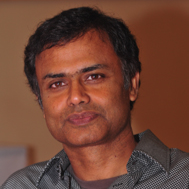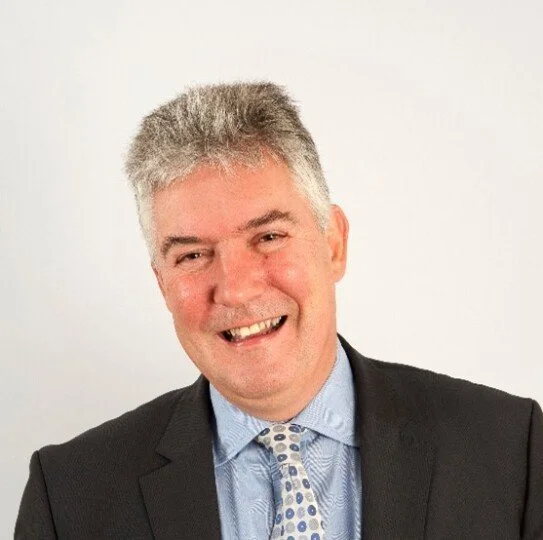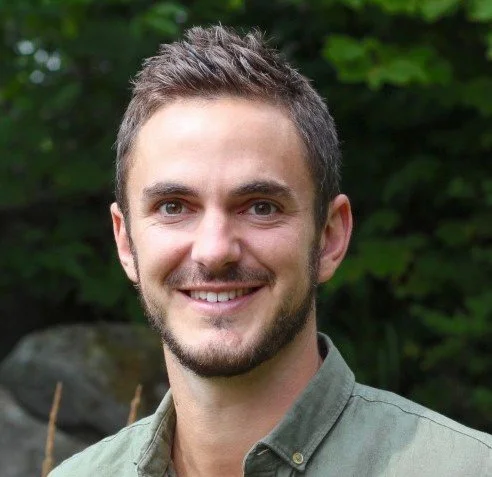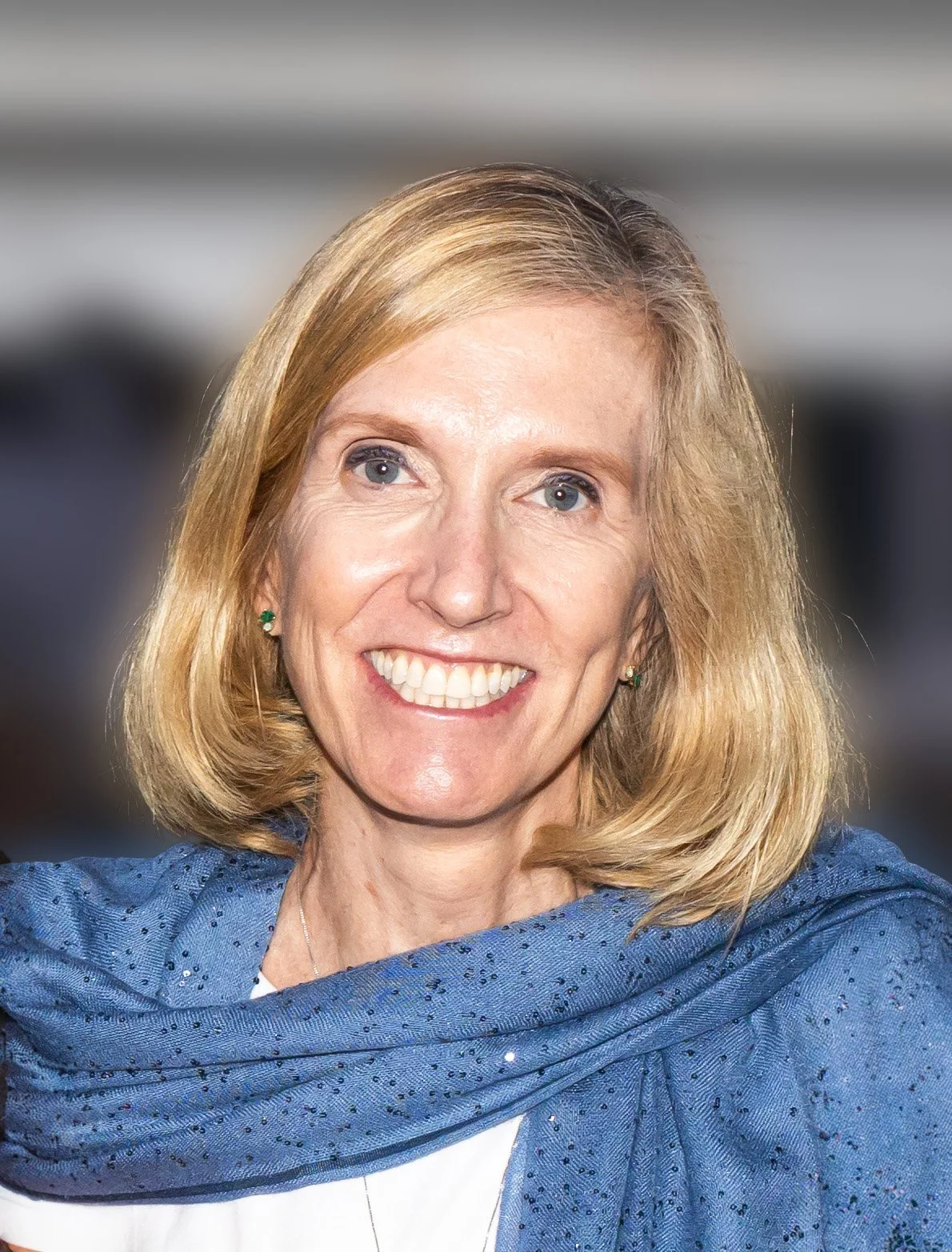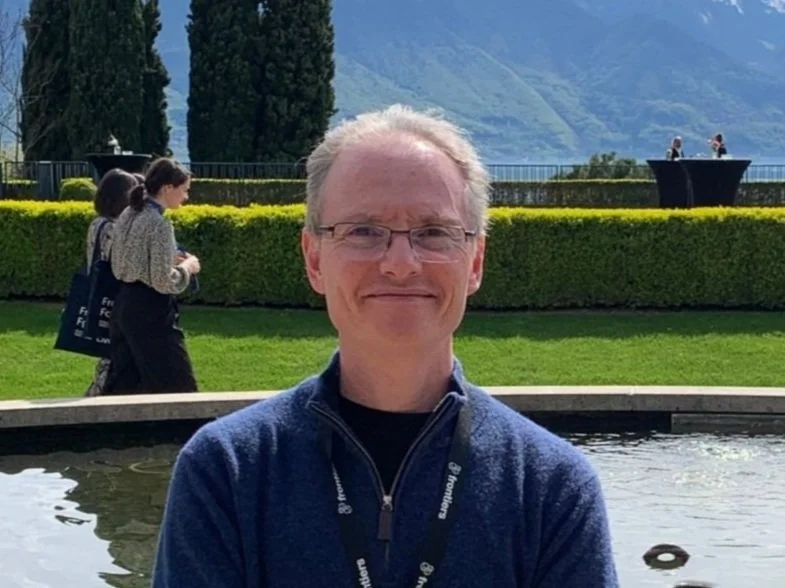
Videos from previous speakers
Thanks to science, we have never lived longer, healthier lives than we do today – but the challenges we face have never been greater or more complex. Hear from previous Frontiers Forum speakers on science-led solutions for issues ranging from healthspans to COVID-19, economics to genomics, and ecological restoration to sustainable agriculture.

Prof Kaushik Roy explores how next generation AI hardware—powered by brain inspired algorithms—can break the memory wall and enable faster, more efficient, and adaptable AI.
Prof Frank Kelly explores how the climate crisis exacerbates plastic pollution—affecting the distribution, exposure, and impacts of plastics across ecosystems—and the actions needed to drive future solutions and systemic change.
Prof Axel Cleeremans explores consciousness science as it enters a new phase—moving beyond debate toward testable theories and collaborative research—and why this transition matters more than ever.
Prof Masanori Aikawa explores how a comprehensive, integrative systems approach—using omics technologies, big data, and AI—could transform cardiovascular disease treatment worldwide.
Prof David Julian McClements and Prof David Kaplan explore the potential for hybrid alternative protein-based foods as healthier, tastier, more sustainable alternatives to animal products.
Prof Martin Siegert examines the technical feasibility, long-term costs, environmental risks, and governance limitations of five approaches polar geoengineering tools as a climate mitigation strategy.
Prof Harris Lewin outlines the next phase of the Earth BioGenome Project (EBP), which aims to sequence the DNA of all known eukaryotic species to protect biodiversity, improve global health, and drive scientific innovation.
Prof Paul Cotter explores how omics-based mapping of interconnected microbial networks is transforming our understanding of agri-food system microbiomes.
Prof Raymond Schiffelers explores a new point-of-care model for affordable, on-demand production of personalized nucleic acid nanomedicines that could revolutionize how hospitals treat rare diseases.
Prof Henry Markram explores a new open-source model of brain metabolism which could accelerate research into interventions to protect and repair the aging brain.
Prof Robert Hancock explores how systems immunology could revolutionize sepsis diagnosis and treatment—improving patient outcomes and saving millions of lives.
Dr Enric Sala explores the wonders of untouched marine ecosystems and the practical changes we can all make to preserve and protect our oceans.
Prof Kazunari Domen explores new technologies in solar water splitting to create cost-effective renewable hydrogen and meet global energy demands.
Prof Sergey Shabala explores precision breeding strategies for optimizing stress tolerance in crops—reducing their vulnerability to climate extremes and boosting food security.
Prof Brigitte Mauch-Mani explores how induced resistance in plants can help reduce pesticide use, increase crop resilience, and boost crop quality.
Prof Leo Marcelis explores how dynamic environmental conditions could revolutionize vertical farming—maximizing productivity and profitability and helping to supply nutritious food to growing populations.
Prof Rob Knight explores key insights into the fast-moving field of microbiome research—from mapping and analyzing diverse microbiomes to clinical applications, and the use of AI.
Dr Eric Dinerstein explores next steps in the habitat conservation of rare and threatened species as part of a larger global biodiversity strategy to counteract the ongoing sixth mass extinction driven by human activities.
Prof Mat Collins explores expected climate hazards in different parts of the world, and how to move from assessing these to effective mitigation and adaptation actions.
Prof Drew Shindell explores why methane emissions are rising faster than projected, what this means for climate targets, and cost-effective strategies for methane mitigation.
Prof Michel Goldman explores how interdisciplinary innovations in drug development, personalized care, modeling, and more are driving the future of medicine.
Prof Thomas Crowther explores how thriving natural habitats are improving local livelihoods while addressing the twin crises of biodiversity loss and climate change.
Dr Kari Nadeau and colleagues explored links between climate change and immune dysregulation, and solutions for reducing climate-related impacts on human health.
Prof Marc Struelens and colleagues explored the power of pathogen genomic data for informing public health responses and treatments to protect the world against the next pandemic.
Dr Eric Topol, in conversation with Vivienne Parry OBE explored the how AI will shape the future of healthcare – from medical forecasting technologies to doctor-patient relationships to bridging gaps in health equality.
Dr Luca Brocca and colleagues explored the groundbreaking Digital Twin Earth Hydrology Platform, how it can enhance flood and landslide prediction and optimize water resource management in the face of climate change.
Prof Yoram Vodovotz and colleagues explored explored links among stress, inflammation, cognition, and behavior—and how these may spread and scale, with potentially far-reaching consequences.
Prof Carlos Duarte and colleagues explored the key results from breakthrough "KMAP Global Ocean Gene Catalog 1.0" and its implications for sustainable value generation from the blue economy.
Prof Martin Siegert and colleagues discussed the amount of temperature change we can expect after CO₂ emissions from human activities reach net zero, and how this can be built into climate models.

